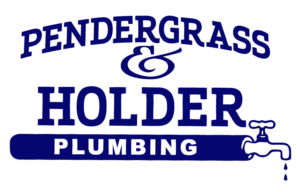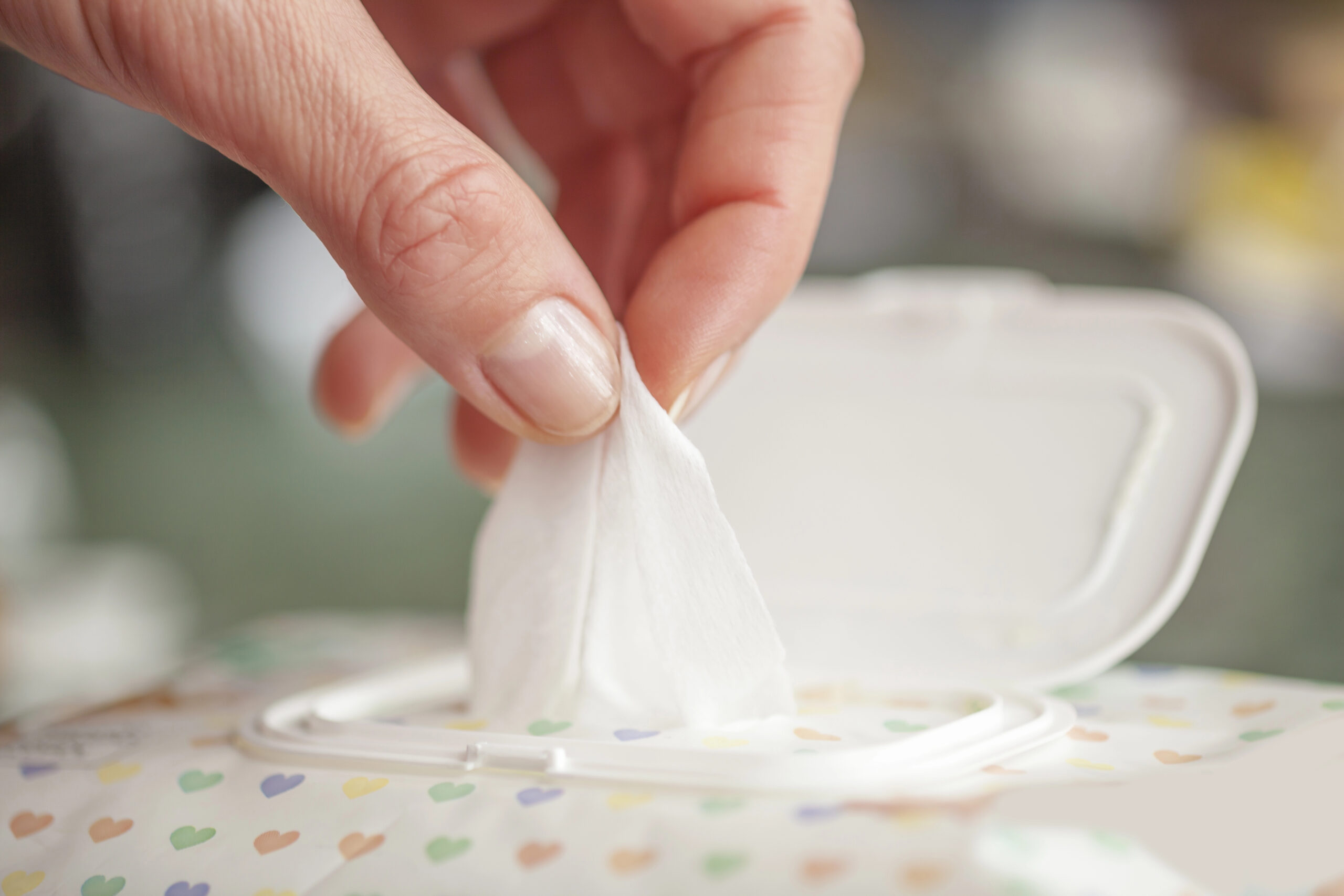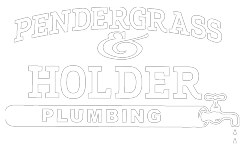Think Twice Before Flushing
In our fast-paced world, convenience often trumps everything else. One modern convenience that has gained popularity is flushable wipes. They promise cleanliness and ease, but there’s a growing concern about their actual impact on plumbing systems. Are these wipes really flushable? The answer might surprise you and could potentially save you from costly repairs.
The Truth About “Flushable” Wipes
Despite their marketing, most flushable wipes aren’t truly flushable. While they may disappear from the toilet bowl with a single flush, they often wreak havoc once they enter your plumbing system. Unlike toilet paper, which disintegrates quickly in water, flushable wipes are designed to be durable and don’t break down as easily. This durability is great for their intended use but problematic for plumbing.
The Hidden Costs of Convenience
Older Homes: A Recipe for Disaster
If you live in an older home, your pipes likely have years of buildup from various materials. Adding flushable wipes to the mix can lead to severe blockages. These wipes can get caught on the rough interior surfaces of old pipes, creating clogs that are difficult and costly to remove.
Newer Systems Aren’t Safe Either
Even if you have a newer plumbing system, flushable wipes can still cause significant problems. Modern plumbing pipes are designed to handle a specific amount and type of waste. Introducing flushable wipes can overwhelm the system, leading to blockages that cause slow drainage and backups.
Septic Tanks: A Special Warning
For those with septic tanks, the warning is even more critical. Flushable wipes do not break down properly in septic systems, leading to rapid accumulation and potential system failure. Septic tank repairs and replacements are not only expensive but also a significant inconvenience.
Signs of Trouble: When to Call for Help
If you’ve been using flushable wipes, it’s essential to recognize the early signs of plumbing trouble. Here are some warning signals to watch for:
- Slow Drainage: If water drains slowly from your toilet, sink, or shower, it could indicate a developing blockage.
- Multiple Backups: If more than one drain is backing up simultaneously, such as a toilet and a sink, it’s a clear sign of a serious clog.
- Cross-Drain Issues: If you notice water backing up in one fixture when another is used, like a gurgling toilet when you run the sink, it’s time to call a plumber.
Preventative Measures: Keeping Your Plumbing Clear
Avoid the Use of Flushable Wipes
The simplest and most effective preventative measure is to avoid flushing wipes altogether. Instead, dispose of them in the trash. This practice will help protect your plumbing and avoid unnecessary repairs.
Regular Maintenance
Consider regular plumbing inspections and maintenance, especially if you live in an older home or use a septic tank. A professional plumber can identify potential issues before they become significant problems.
Immediate Action
If you notice any signs of drainage issues, act immediately. Waiting can turn a minor inconvenience into a major disaster. Call a trusted plumber to clear the lines and restore proper flow.
Conclusion: Protect Your Plumbing
While flushable wipes may offer convenience, they pose a significant risk to your plumbing system. By understanding the dangers and taking proactive steps, you can protect your home from costly repairs and keep your drains flowing smoothly. Remember, when it comes to your plumbing, it’s better to be safe than sorry. Don’t wait for a disaster—call your plumber at the first sign of trouble and save yourself from the headache of clogged pipes.


